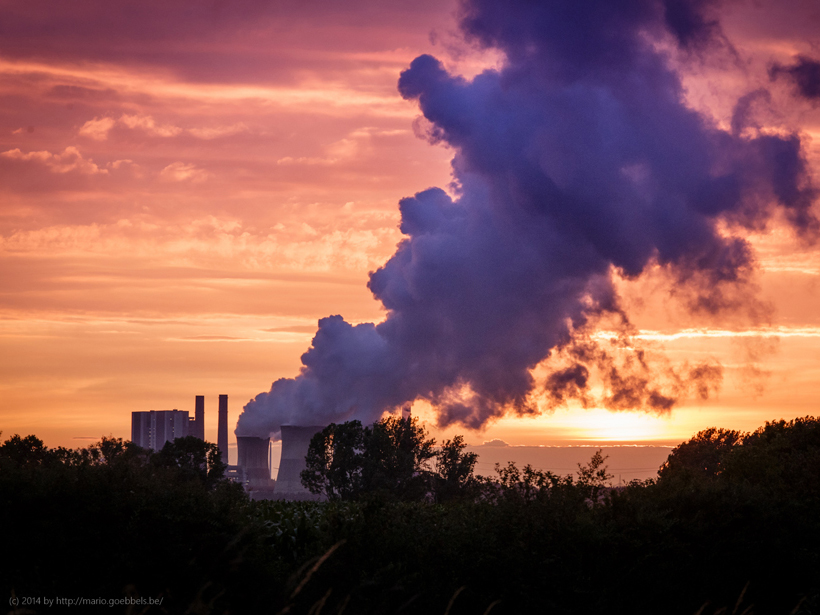Source: Journal of Geophysical Research: Atmospheres
As global temperatures continue to rise, many countries have turned to nuclear power as an alternative to carbon dioxide–emitting fuel sources like coal. However, many leaders and policy makers question whether the benefits of nuclear power offset the risk of radioactive contamination. Some nations—like Germany—have abandoned nuclear power as an alternative energy source. Here Mielonen et al. simulated a scenario in which the rest of the world followed suit and reverted to coal power.
The team used a global three-dimensional climate model to simulate what would happen if every nuclear power plant on Earth were swapped for a coal plant. They assessed the impacts of carbon dioxide emissions and particulate matter on the environment, as well as the human health effects of particulate matter smaller than 2.5 micrometers in diameter.
The results of the team’s all-coal scenario paint a grim picture. Their models reveal that increased aerosol emissions from coal power plants would actually cool the climate at first because atmospheric aerosols reflect sunlight back into space. However, after 37 years, enough carbon dioxide would accumulate in the atmosphere to reverse this cooling effect and even accelerate global warming. They estimated that long-term exposure to these same aerosols would contribute to a worldwide increase in cardiopulmonary diseases and lung cancer, causing 150,000 premature deaths each year. Two thirds of these deaths would occur in Europe.
The researchers recognize that the study does not provide a complete assessment of the factors involved in choosing an energy source. They did not include an analysis of the risks inherent in nuclear energy, like accidents from nuclear waste or the potential for developing nuclear weapons. The team also acknowledges that the likelihood of their worst-case scenario turning into reality is slim—but the study still serves a practical purpose by emphasizing the detrimental consequences of fossil fuel reliance.
The study isn’t merely a question of nuclear versus coal, however; rather, the authors caution that nations abandoning nuclear power should carefully consider the health and climate effects of energy sources that might take its place. For example, coal has clearly adverse health effects, and biomass burning may not be a good option either. Ultimately, further research is necessary to determine which fuel source will have the smallest unfavorable impact on health and/or climate. (Journal of Geophysical Research: Atmospheres, doi:10.1002/2015JD024183, 2015)
—Shannon Kelleher, Writer Intern
Citation: Kelleher, S. (2016), The high cost of switching power sources, Eos, 97, doi:10.1029/2016EO047361. Published on 7 March 2016.
Text © 2016. The authors. CC BY-NC 3.0
Except where otherwise noted, images are subject to copyright. Any reuse without express permission from the copyright owner is prohibited.

